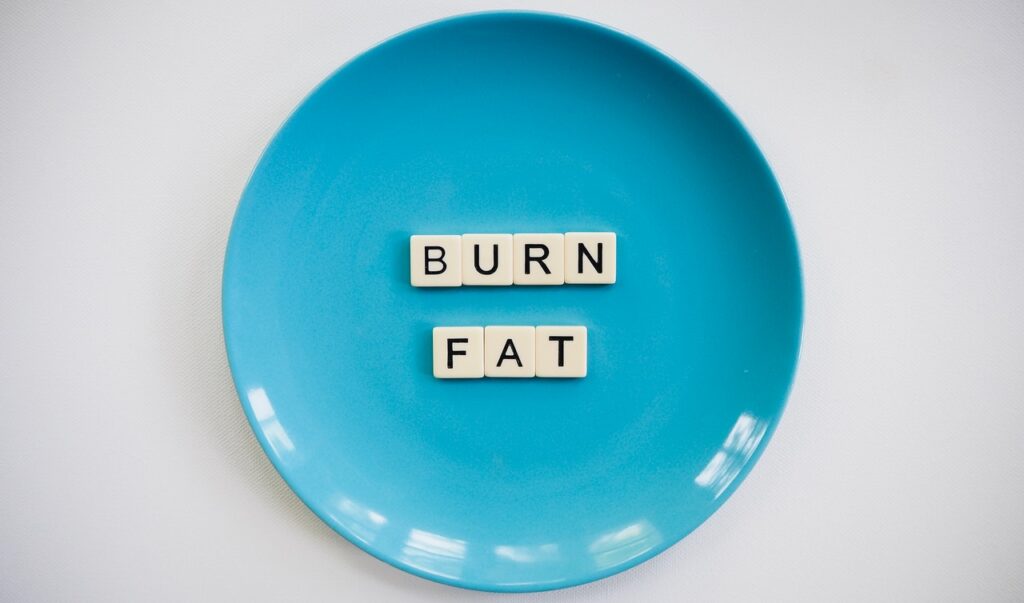Keto Diet – Maintaining a balanced Healthy Keto Diet is also a key component to improving your immunity. While there are no unique foods that can shield you from the COVID 19 pandemic, a healthy diet can improve the immune system and help you cope with the symptoms.
Keto Diet – Let me warn you that a balanced lifestyle should not include rigid dietary guidelines, maintaining an unrealistically slim physique, or depriving yourself of foods you enjoy. It’s not about making you hungry; it’s about making you feel good, giving you more control, enhancing your fitness, and strengthening your immune system.
Keto Diet – It’s really easy to eat healthily. What matters is the general eating routine, which is better said than done. In reality, a balanced diet emphasizes the use of whole foods over artificial foods wherever possible.
To put it another way, to maintain a balanced body, we simply need a mixture of protein, sugar, carbohydrates, fiber, vitamins, and minerals in our diets. There’s no reason to cut out those foods from our diet. Rather, we choose the healthiest choices in each segment.
Switching to a balanced diet doesn’t have to be a one-size-fits-all approach. You don’t have to be flawless, you don’t have to give up any of your favorite recipes, and you don’t have to make drastic changes all at once. Only a few minor improvements at a time is a smarter strategy. You will benefit better if you keep your balanced diet moderate without feeling depressed or exhausted by a massive diet change.
It doesn’t have to be difficult to eat a healthy diet. Instead of obsessing about calorie counts, consider your diet in terms of color, quality, and freshness. Where necessary, avoid canned and refined foods in favour of more organic ingredients.
It’s important to substitute nutritious meals for unhealthy ones. Switching from fried chicken to grilled salmon, for example, is beneficial to your wellbeing. This will aid in the development of new good behaviors and tastes. The happier you sleep after a meal, the healthier the food you consume.
Apart from that, remaining hydrated will assist you in making better food decisions. We don’t all feed to satiate our appetite, however. However, most of us use diet to deal with discomfort or negative feelings like depression, isolation, or boredom. Learning better coping mechanisms for stress and emotions will help you maintain control of your eating habits and emotions.
Fruits and vegetables should also be used in the diet. Vitamins, minerals, enzymes, and fiber are abundant in fruits and vegetables, which are low in calories and high in nutrients. Focus on consuming a balanced diet of fruits and vegetables to keep you whole.
Deeper coloured vegetables contain higher amounts of vitamins, nutrients, and antioxidants than basic salads and steamed vegetables. New tomatoes, spring onions, and carrots, to name a few, can be added to your lettuce salad to make it more pleasing and appetizing. To make it more flavorful and savory, drizzle the salad greens with olive oil, mix it with a hot sauce, or sprinkle it with almond slices, chickpeas, a little bacon, and cheese.
Being quarantined or locking down at home is difficult to deal with. People are under a great deal of pressure. Stress, unfortunately, exacerbates bad mood or angst, as well as suppressing our immune systems. As a result, focusing on immune-boosting ingredients will help us feel less nervous while still increasing our immunity.
Is the Keto Diet Right for You?
The ketogenic diet has been dubbed the greatest diet craze in the fitness industry’s history. For that cause alone, it’s worth investigating.
A ketogenic diet is rich in fat (around 75%), average in protein (20%), and poor in carbohydrates (around 5%). (about 5 percent ). Its aim is to get the body into a ketosis state. Instead of burning glucose for energy, the body breaks down fat to produce ketones in ketosis.

Benefits of Keto Diet?
Weight loss, improved HDL (“good”) cholesterol, and reduction in type 2 diabetes are all common ketosis benefits, as are reduced epileptic seizure incidence and tumour growth inhibition.
Women with PCOS (polycystic ovary syndrome), an insulin-related disorder, have shown promise in small trials. This may be because of its potential (but unproven) capacity to reset insulin sensitivity.
Everything Old Is New Again?
The new Keto diet isn’t the first time we’ve made carbs the villain of the diet. Low-carb diet and/or fasting have been studied in medicine since the 1850s, if not earlier.
Stillman launched The Doctor’s Fast Weight Loss Diet in 1967, which consisted mostly of low-fat protein and liquids.
In 1972, the Atkins diet was introduced, which was rich in fat and protein and low in carbohydrates. It aided weight loss as well as diabetes, hypertension, and other metabolic disorders. It is still widely used today.
Protein Power, a relatively low-carb diet developed by Eades and Eades in 1996, seemed to benefit patients with obesity, asthma, elevated cholesterol, and/or diabetes.
As a result, cutting carbohydrates, as the Keto diet does, has a track record of aiding weight loss and/or improved metabolic factors. That is supported by anecdotal evidence.
Are There Any Other Advantages of Keto Diet?
Since these brain abnormalities are linked to metabolic disorders, possible advantages can be seen in neurodegenerative diseases including multiple sclerosis, Alzheimer’s, or Parkinson’s. Alzheimer’s disease is also known as Type 3 diabetes.
It is safer to treat these diseases under surgical care.
Ketones also tend to help rats recover from traumatic brain injury, according to reports.
In the interest of complete transparency…
The Keto diet causes fast weight loss at first. The body has depleted its glycogen (carbohydrate contained in muscle) and dumped the water that had been stored alongside it. Weight loss can continue after that, but at a slower pace.
The rate of metabolism increases at first, but then declines after four weeks.
Keto doesn’t seem to have any long-term benefits in terms of weight reduction or muscle growth.
Keto seems to raise LDL (“bad”) cholesterol in some individuals.
Keto Diet – What About the Negative Consequences?
Nutrient shortages attributable to missed food groups and an unwelcome transitional state known as “Keto flu,” which may persist several days, are two of the more often discussed “cons” of a ketogenic diet. Hunger, dehydration, headaches, nausea, exhaustion, irritability, constipation, brain fog, sluggishness, low concentration, and loss of motivation are all symptoms of this condition. Keto has been dubbed a “detox” diet because these effects are so close to those experienced by people who give up caffeine.
Such drawbacks include issues with intestinal wellbeing and difficulty adhering to such a low-fiber diet.
In terms of workouts, the Keto diet is unlikely to benefit any people. In reality, the glycogen depletion it causes could lead to a crash (bonking). Without glucose and carbohydrates as fuel, athletic performance in terms of speed and strength can suffer.
Athletes should quit low-carb diets, according to the International Olympic Committee. They can result in poor training adaptations and lower power production and stamina. A colleague of mine used a low-carb diet to cause heart arrhythmias in rats.
Because of the Keto diet’s low-carb nature, I’m concerned about how women will fare in terms of serotonin synthesis and function. Carbs play an important role in transporting tryptophan (the serotonin precursor) to the brain, so without them, serotonin levels can decrease. What effect does this have on women’s mood, appetite, impulsivity, and other factors?
Keto Diet – In a nutshell, what’s the bottom line?
Keto seems to be a promising option for weight loss and the other health concerns listed above in the short term. The approach’s long-term suitability is also up for discussion. Its advantages are still up for discussion. Critics point to the lack of long-term research and clinical data, as well as the possibility of kidney injury.
Overall, Keto seems to be neither a long-term treatment nor a perfect option for those who only wish to “be healthier,” and many people find it impossible to stick to the diet.
A more nutritious long-term diet plan that is low in sugar and “junky” carbs and emphasises healthful, high-fiber ingredients, such as vegetables, may be preferred.






[…] Healthy Keto Diet during COVID 19 […]
Comments are closed.